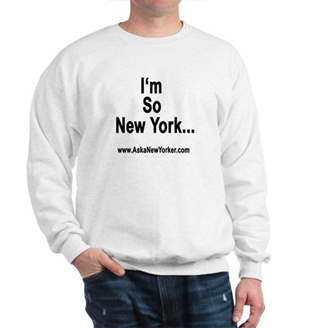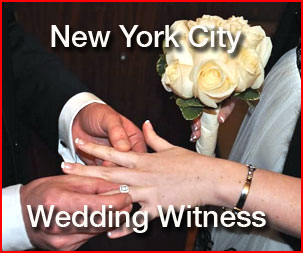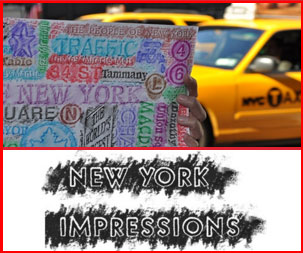January 4, 2010 is the day I mark has having had my last drink of alcohol. It might have been a day or two earlier than but four is a lucky number for me and I decided to set that as the date. This past Jan. 4 marks a decade since I’ve had a drink.
The time went by quickly. Since 2010 a lot has happened. I got married and had children. I left journalism and “went over to the dark side” of public relations. Could I have done those things if I had still been drinking? I don’t know.
I am confident that stopping drinking was the right thing for me, but quitting drinking was not some massive and sudden wonderful change. There’s no magic transformation that turns someone instantaneously from a pathetic drunk to a charming success. All of life’s frustrations are still there, and the warm confidence that comes with drinking is now gone.
And while it’s worked for me, the non-drinking life is not for everyone. I think even people who have problems with drugs or alcohol don’t necessarily have to quit completely. There’s a middle ground that most of the world can navigate. One of the signs that I needed to stop drinking was when I was bowled over at my ability to have only one single beer at a punk rock show I went to. I caught myself as I was glowing in a self-congratulatory mood on the walk to the subway from Trash Bar—uh, actually, this is what most of the world is able to pull off every day!
Quitting drinking wasn’t something I did on a whim or at the spur of the moment. I had been thinking about it for a long time. I had taken long breaks from drinking, sometimes as long as three months at a time, to show myself that I could do it. When I first quit, I only gave myself the goal of stopping drinking for one year. Only after one year without alcohol did I decide to officially bid goodbye to the drinking life.
The drinking life had been a fun one. I’d be the worst kind of hypocrite to rage against drinking since I was an absolute maniac with booze for the better part of two decades. I have good memories from those times and made many great friends over rounds of drinks, I can’t just throw all of that away. I can still be around people who drink; I just don’t. I won’t create a new identity or try to reconfigure my entire life because I don’t drink any more – that would truly be giving alcohol power that it doesn’t deserve.
But it got to the point of not being fun anymore. I would ponder and plan out how I was going to approach a night of drinking and then all my well-intentioned plans of moderation would go right out the window. I was tired of waking up with long gaps in my memory, incredibly hung over, and realizing I had spent twice the amount of money I wanted to. I had no one to be angry at but myself, and my weekend mornings regularly began with waking up to this miserable, impotent rage.
There were some moments that stand out in my decision but thankfully no major disasters. I miraculously never got arrested for drunk driving while in college, no major bar fights or major accidents litter my beer-fueled past. But slowly the magic of the alcohol began to wear thin and not work as well anymore. And all the things I felt I need to drink to enjoy—dating women, going to concerts, playing music, reveling in the creative act that drives us to joyful madness—these were all things I was supposed to be enjoying anyway, and if I needed to be drunk to enjoy them, maybe I was on the wrong path.
So I went ahead and quit drinking on my own, though I did read a book that was helpful in my first year of not drinking. Drinking, A Love Story by Caroline Knapp is an impressive memoir and I highly recommend it if you are questioning your drinking. A lot of what she described as signs of having real drinking problems was very recognizable, and it provided the well-researched bulwark that helped me decide that I was on the right path in putting booze aside.
In her book, Knapp quits drinking after joining Alcoholics Anonymous, and the Alcoholics Anonymous route is one I decided to avoid at all costs. Alcoholics Anonymous wallows in pathetic victimology and peddles its soft-core religion incessantly. Furthermore, many people I know who joined AA have come back to drinking. If AA is the only alternative to drinking yourself to death, have at it, but the success rate is low and its philosophy teaches weakness.
The past 10 years have been filled with a lot of ups and downs, and I’m glad that I experienced them without the hazy filter of alcohol, which for me had become a sad crutch. If the magic dies, don’t be afraid to move on. If I can do it, so can you.











